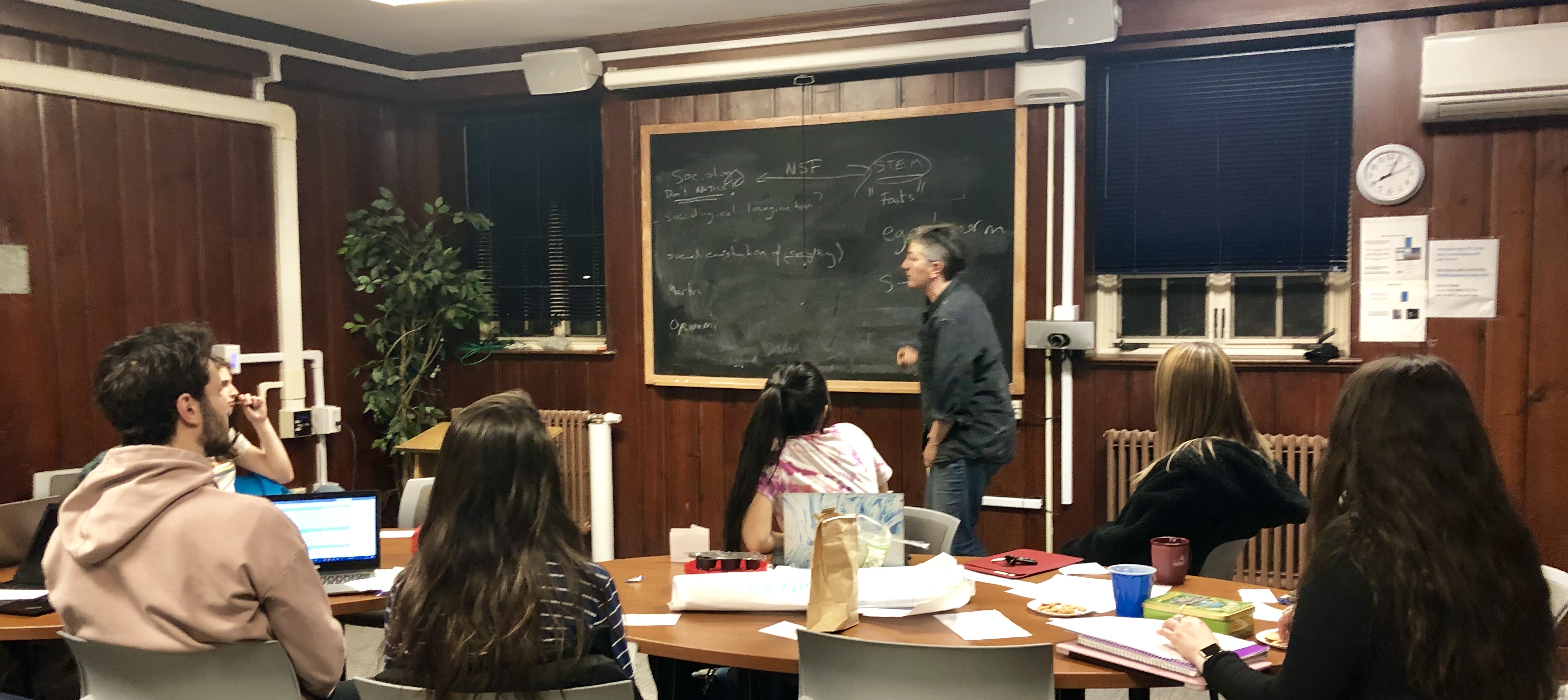
The Food & Water Security PIRE undergraduate workshop was developed with the social production of scientific knowledge in mind. The workshop seeks to cultivate students’ sociological imagination to illuminate the human dimension of scientific work. To this end, students in the workshop read texts addressing such questions as: How are scientific facts created? How do our values, beliefs, and commitments shape our scientific endeavors? Which types of knowledge are treated more seriously and why? Which types of scientists are treated more seriously and why? By the end of the workshop, the hope is that students will have a better understanding of how scientific research is both deeply shaped by and shapes our social world. Students will use their sociological imaginations to develop their own scientific research proposals for projects in our field sites in Ethiopia.
One of the texts we are reading is Encountering Development: the Making and Unmaking of the Third World by Arturo Escobar (1995). This book traces the emergence of development. Escobar argues the idea of development was created after World War II in hopes that the spread of industrialization, technology, living standards, and modern education would lead to a more peaceful and abundant world. The legitimation of the development discourse has led to the elevation of specific forms of knowledge and cultures over others, and the proliferation of policies and practices that take these assumptions for granted. Escobar examines development within its sociohistoric context, tracing its effects on the realms of economics, politics, and technology.
Science is an important part of our modern world. We often think of science as existing outside the realm of human influence. However, science is done by human persons. As such, science, like any other human practice, is shaped by our social norms, beliefs, and practices.
The purpose of the undergraduate workshops is to prepare the students researchers for summer travel and/or fall research assistantships. Students and Undergraduate Coordinators Nabil Tueme and Dr. Phoebe Godfrey have been meeting on a weekly basis throughout the semester for an hour to discuss a range of topics, including the food-water-energy nexus; how to develop a research proposal; language training; and more.
Escobar, Arturo. 1995. Encountering Development: the Making and Unmaking of the Third World. Princeton, New Jersey: Princeton University Press